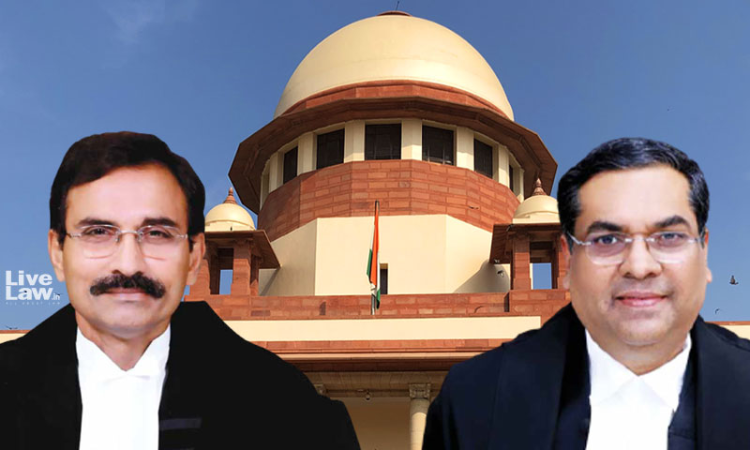Provision For Upper Age Limit Is Mandatory & Can't Be Relaxed; Eligibility Criteria For Public Appointment Must Be Uniform : Supreme Court
Shruti Kakkar
29 Sept 2021 7:25 PM IST

"Appointments to public posts should be strictly in accordance with Articles 14 and 16 of the Constitution of India", the Court said.
Next Story


